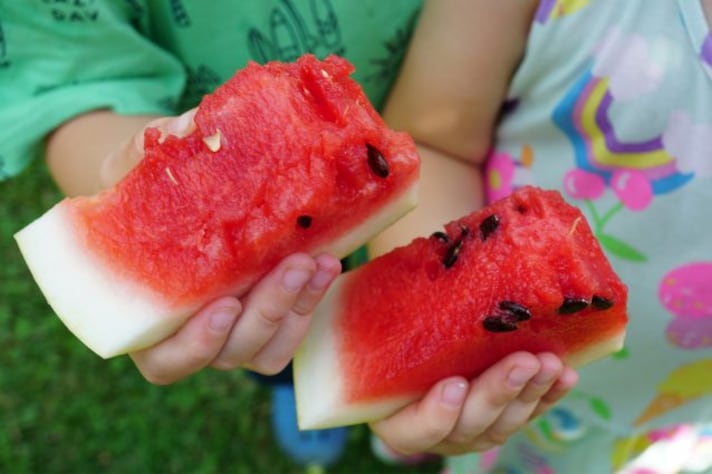White vs. Black Seeds: How Are They Different in Fruits Like Watermelon?
Have you ever noticed that some fruits, like watermelons or kiwis, have both white and black seeds? What’s the difference between these seed colors, and does it affect the taste or quality of the fruit? In this article, we’ll explore the difference between white and black seeds, why they appear, and what it means for the fruit itself. Keep reading to uncover the science behind seed color and fruit ripeness!

Many fruits, especially watermelons and kiwis, display both white and black seeds. The difference in seed color typically relates to the stage of seed development and the fruit’s ripeness. In most cases, black seeds are mature, fully developed seeds capable of germinating, while white seeds are immature or undeveloped.
In watermelons, for example, the black seeds come from pollination and have completed their growth cycle. On the other hand, white seeds are underdeveloped because they didn't go through full pollination or maturation. The presence of both types of seeds in a fruit indicates a variation in pollination and seed development during the growing process.
Does Seed Color Affect Fruit Quality?
Seed color does not directly impact the taste or nutritional quality of the fruit. However, black seeds may indicate that the fruit has reached full ripeness, whereas fruits with a majority of white seeds might have been harvested a little earlier or experienced less successful pollination.

In terms of texture, some people may find black seeds more noticeable, as they tend to be harder than white seeds. White seeds, being immature, are softer and less likely to be a distraction while eating the fruit. Despite these minor differences, seed color doesn’t significantly alter the overall fruit-eating experience.
Can You Eat Both White and Black Seeds?
Yes, both white and black seeds are safe to eat. In fact, many fruits like kiwis and cucumbers are commonly eaten with their seeds. In watermelons, while black seeds are harder and often discarded, they are edible and contain nutrients like protein and healthy fats. Some cultures even roast and eat watermelon seeds as a snack.
White seeds, due to their softer texture, are easier to consume and less noticeable when biting into fruit. If you prefer to avoid seeds, however, seedless varieties of fruits like watermelons are available, which contain only soft, white, undeveloped seeds.
;Resize,width=767;)
;Resize,width=712;)


